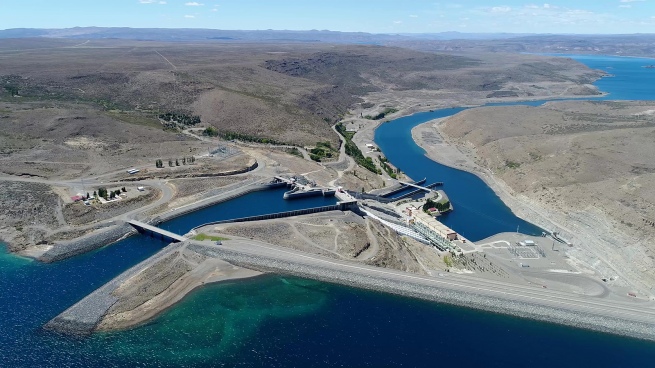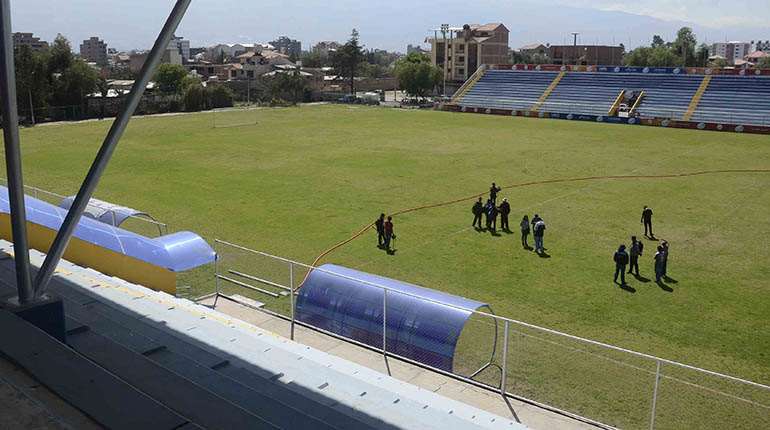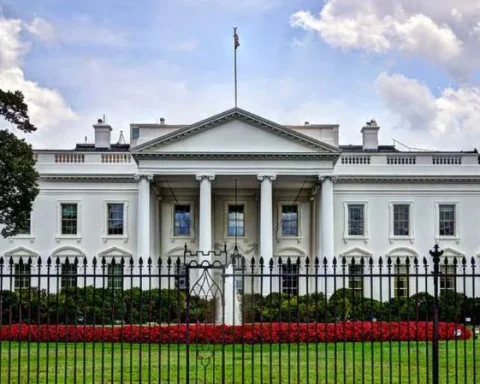The future of 22 hydroelectric dams whose concession expirations will begin to operate as of August 2023, after 30 years of private management, has already entered a stage of debate and definitions about continuity in private hands or return to state management, to which is added to the claim of the provinces to have a greater interference in the issue.
Official sources explained that The options initially under study are those of extending the concessions of the current operators in the event that they express interest; advance in new contracts with other private operators; or recover the management of the national State lost after the privatization process carried out in the early years of the 90s.
This definition is not insignificant considering that although it is ensured in the sector, hydroelectric plants have adequate maintenanceit is anticipated that the generating park will require significant investments to extend its life, expand capacity and improve efficiency.
These investments would not include the maintenance of civil works, which have been carried out rigorously through the Regulatory Body for Dam Safety (Orsep).
Added to the set of options under analysis in recent months were the claims of several provinces to be part of this new management of the dams, arguing that the 1994 Constitution granted the states power over their natural resources, in this case the water of its rivers.
The proposal is headed, in particular, by the provinces of Neuquén and Río Negroin whose territories the dams whose concessions begin to expire in August 2023 are built, and which at the same time explain 67% of the electricity produced by hydroelectric plants.

These are the hydroelectric complexes of Alicura (1,000 MW) currently operated by the company AES Argentina; the chocon (1,200 MW) and creek (120 Mw), in charge of the firm Enel Generación; Banderita Plain (450 MW), operated by Oroazul Energy; Y Eagle Stone (1,400 Mw), in charge of Central Puerto, all with concession expiration scheduled for the second half of next year.
Under this agenda, the analysis of the Work Team for Hydroelectric Concessions (Etahc) recently formed with representatives of the Ministry of Energy, the Administrative Company of the Wholesale Electricity Market (Cammesa), the National Electricity Regulatory Entity (Enre) and the company Energía Argentina (former Ieasa).
The Etahc will be in charge of the comprehensive survey of the twenty-two hydroelectric exploitation concessions in the eight provinces, with an installed capacity of 5.8 GW as a whole.
As a whole, the national and binational hydroelectric exploitations, together with the small hydroelectric projects (PAH), contribute approximately 20% of the total generation in the area of the Wholesale Electricity Market (MEM), with an installed power greater than 10, 8GW.
Among the missions assigned to themEtahc must prepare a report detailing the status of each concession in its technical, economic, legal and environmental aspectsin view of the upcoming expirations of their respective contracts.
at the beginning of the year, Authorities of the provincial governments of Neuquén and Río Negro agreed to form their own commission in order to analyze and advance action proposals and generate the appropriate legal-institutional instruments to present to the national government.

The provinces are looking for alternative schemes to implement for the administration, operation, maintenance and exploitation of the hydroelectric plants located on the Limay and Neuquén rivers; contemplating the rules of water use and environmental issues related to the resource.
Both Patagonian provinces include in their claim the application of the so-called Comahue Tariff, which as the country’s main energy generators would allow them to consume electricity at differential prices, which could mean a reduction of between 15% and 40%.
The possibility that the provinces have the management of the dams faces an important legal obstacle since the assets are registered under the ownership of the Nation.
Specialists in the sector consider that the only viable way for them to pass into the hands of the provinces would be through donation by the national State, which could only be done through a law passed by the National Congress that guarantees the detachment of those assets.
The way in which the concessions that expire next year are resolved will set the course for what could also happen with the Los Nihuiles I, II and III dams, whose contract expires in 2024, to which Agua del Toro, Los Reyunos, El Tigre, Rio Hondo and Los Quiroga.
In June 2025, the contract for the Futeleufú dam expires; and in November those of Cabra Corral and El Tunal; in March 2026 that of Ullum; and in July the concession of El Cadillal, Escaba and Pueblo Viejo.
Pichi Picún Leufú, in August 2029, is the last expiration of the concession contract.



















